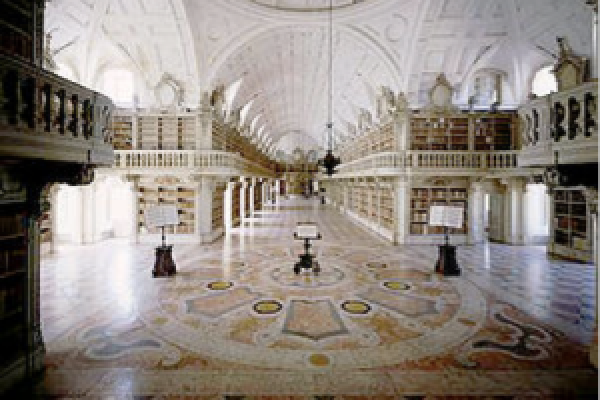
Learn Survival Portuguese
Wikitravel users have collectively created a free Portuguese phrasebook with the goal of making it possible for travelers to "get by" while traveling in areas where Portuguese is spoken.
Wikitravel phrasebooks are available in many languages and each one varies in depth and detail. Most of the phrasebooks include a pronunciation guide, a general phrase list, information about dates and numbers, a color list, transportation-related phrases, vocabulary for shopping and phrases for eating and drinking. Some are even more in depth, and all are free!
From Website
This Portuguese phrasebook is a not language tutorial, comprehensive grammar or dictionary. Its goal is to define just enough of the language so that an English-speaking traveller can "get by" in areas where Portuguese is spoken.
Portuguese (português or língua portuguesa) is a Romance language that grew from the Latin-descended Galician-Portuguese language that was spoken in the medieval Kingdom of Galicia, whose territory is now divided between northern Portugal, Galicia and Asturias. It also absorbed influences from the Romance and Arabic languages spoken in the areas that were conquered by the Portuguese reconquista. It was spread worldwide in the 15th and 16th centuries as Portugal established a colonial empire (1415–1999) that included Brazil in South America, Goa and other parts of India, Macau in China, Timor in South-East Asia and the five African countries that make up the PALOP lusophone area: Cape Verde, Guiné-Bissau, São Tomé e Príncipe, Angola and Mozambique. It was used as the exclusive lingua franca on the island of Sri Lanka for almost 350 years. During that time, many creole languages based on Portuguese also appeared around the world, in Africa, Asia, and the Caribbean.
With over 260 million speakers, Portuguese is the fifth most spoken language in the world, the most widely spoken in the southern hemisphere, and the third most spoken in the Western world. In addition to Brazil and Portugal, it is still used in Angola, Cape Verde, Guinea-Bissau, Macau, Mozambique, São Tomé and Príncipe and East Timor, as well as in the former territories of Portuguese India (Goa, Daman, Isle of Angediva, Simbor, Gogol, Diu and Dadra and Nagar Haveli) and in small communities that were part of the Portuguese Empire in Asia as Malacca, Malaysia and East Africa as Zanzibar, Tanzania. It has official status in the European Union (EU), Mercosur (Mercosul in Portuguese), the African Union, the Organization of American States (OAS), the Latin Union, the Community of Portuguese Language Countries (CPLP) and the Association of National Olympic Committees of Portuguese Official Language (ACOLOP).
Needless to say, if you know a Romance language, it will be easier for you to learn Portuguese. However, people who know a little Spanish may hastily conclude that Portuguese is close enough that it need not be studied separately. While they may be able to figure out the meaning of some signage, items on a menu, etc., understanding of verbal communication will be very low to nothing! Words such as "gente" (people) are pronounced so differently in either variant of Portuguese, that you would hardly recognise them. Also, some personal names such as "Jorge Ramos," for example, will be pronounced quite differently as well.
If you know Spanish, watch for a lot of new vowels (even more than in English), a huge number of contractions (comparable to del and al) and irregular plurals. For the non-fluent, some pronunciation differences can be easily missed, such as año (year) becoming ano. If you speak good French, you may find Portuguese pronunciation to be fairly easy, though much of the vocabulary will have changed substantially.